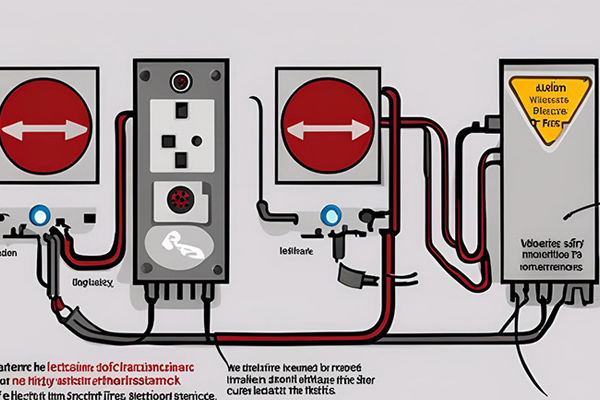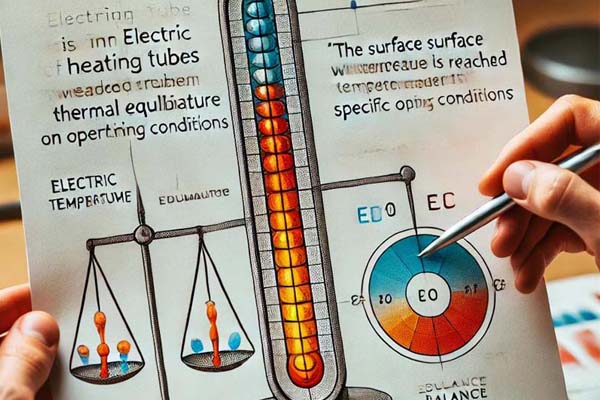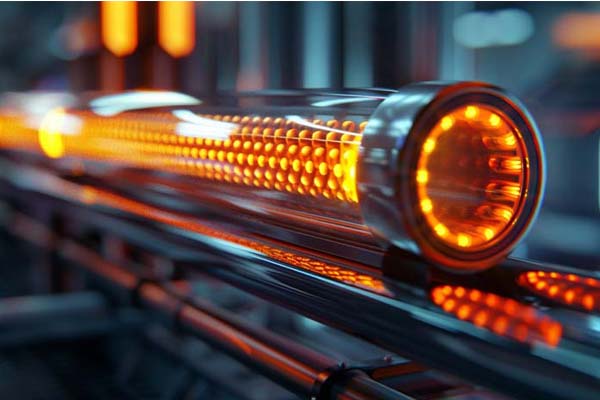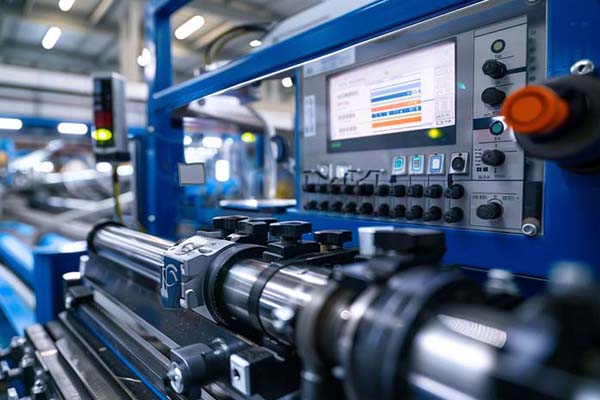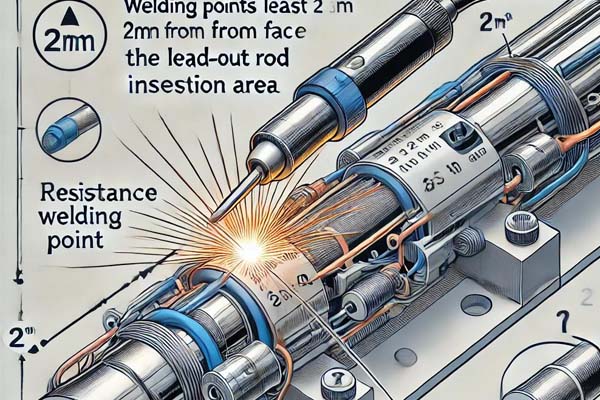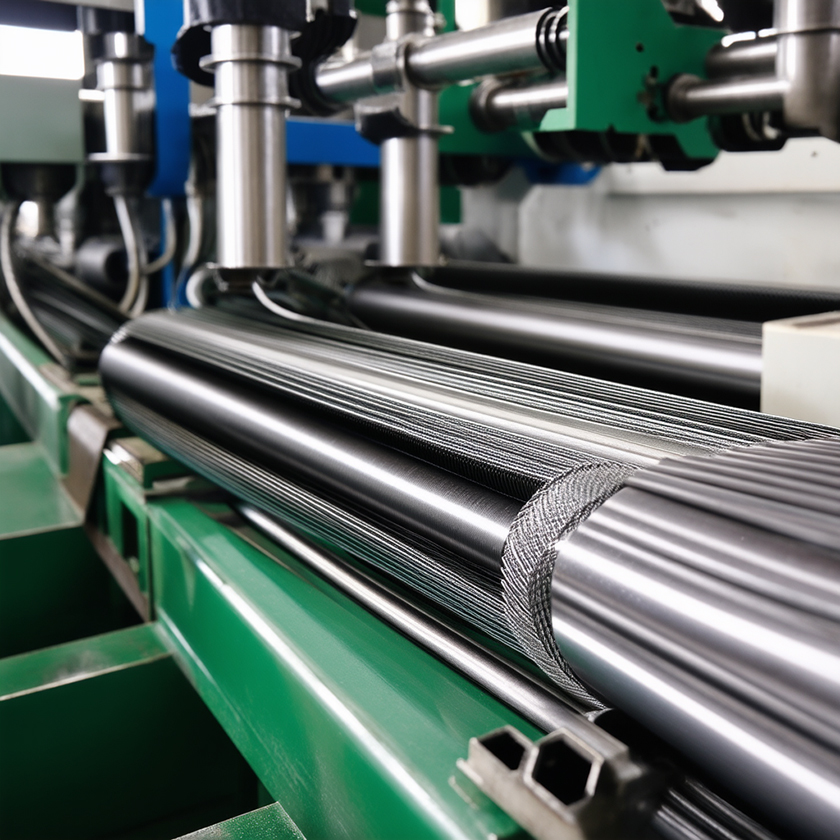The plum rain season, typically occurring between June and July in East Asia, is characterized by high humidity levels due to persistent rainy weather. These conditions can adversely affect the performance of electrical equipment, particularly electric heating elements. The cold-state insulation resistance of electric heating elements is a crucial parameter for assessing their insulation performance and safety. This article explores the impact of the high-humidity environment during the plum rain season on the cold-state insulation resistance of electric heating elements and proposes corresponding countermeasures.
Environmental Characteristics of the Plum Rain Season
The main characteristics of the plum rain season are continuous rainy weather and high humidity, with relative humidity often exceeding 80%. In such conditions, water vapor can easily penetrate the insulation materials of electric heating elements, leading to a decrease in their insulation resistance. Cold-state insulation resistance refers to the resistance value of the insulation part of an electric heating element when it is not heated. Generally, a higher insulation resistance value indicates better insulation performance and higher safety.

Effects of High Humidity on Insulation Resistance of Electric Heating Elements
Moisture Penetration and Insulation Materials
In high-humidity environments, water vapor can infiltrate through the casing or connections of electric heating elements, causing the insulation materials to absorb moisture. Once insulation materials absorb moisture, their resistivity decreases, resulting in lower insulation resistance. Common insulation materials such as ceramics, fiberglass, and silicone rubber may experience significant declines in electrical performance after moisture absorption, leading to deteriorated insulation performance of electric heating elements.
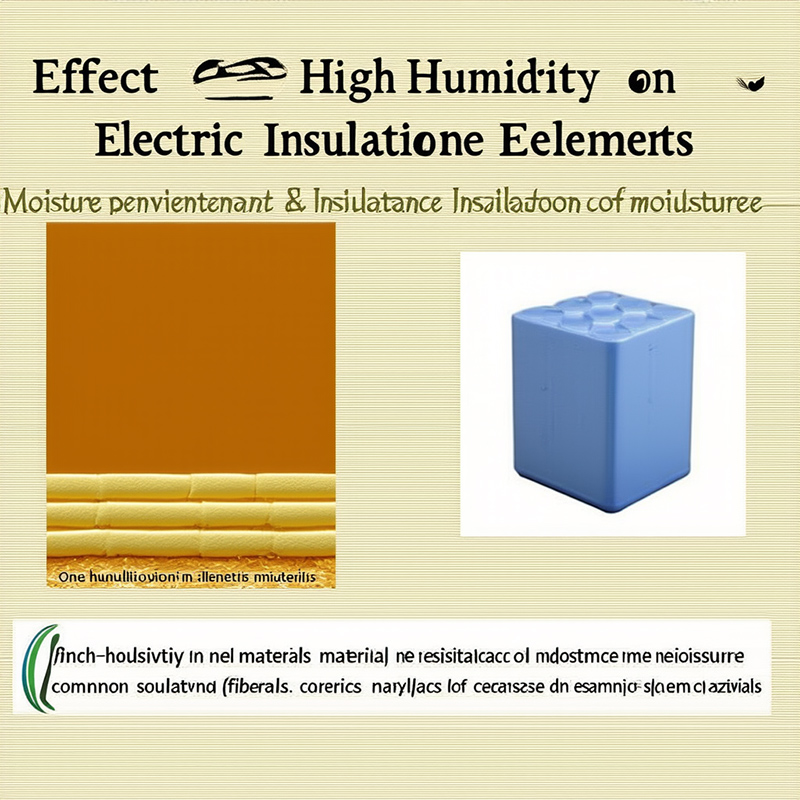
Increase in Surface Leakage Current
High humidity environments can also form a layer of water film on the surface of electric heating elements, especially when they are not heated. This water film can significantly increase surface leakage current, reducing insulation resistance. This issue is particularly pronounced in older or surface-worn electric heating elements.
Potential Risks of Electric Shock and Short Circuits
A decrease in insulation resistance not only affects the normal operation of electric heating elements but also poses serious safety hazards. When insulation resistance drops to a certain level, it can lead to electric shocks, short circuits, and even fires. Therefore, it is crucial to closely monitor and maintain the insulation resistance of electric heating elements, especially during the plum rain season.
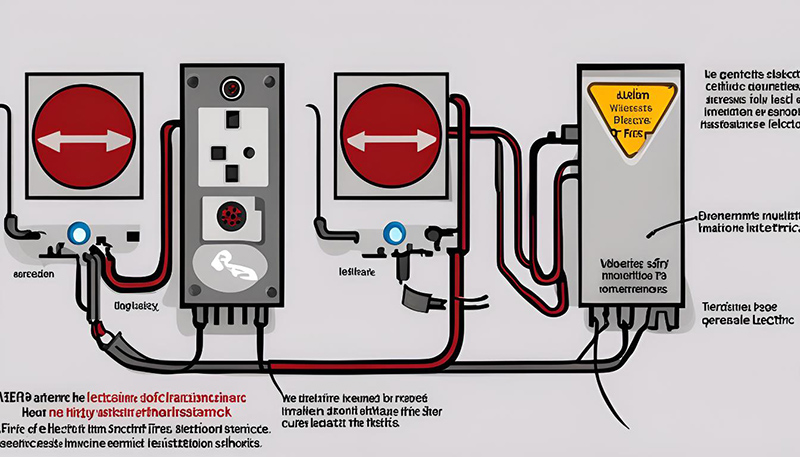
Countermeasures
Choosing Suitable Insulation Materials
To cope with high-humidity environments, it is recommended to use insulation materials with low moisture absorption and strong weather resistance. Materials such as PTFE (Polytetrafluoroethylene) and FEP (Fluorinated Ethylene Propylene) exhibit excellent electrical insulation performance in high-humidity environments.
Enhancing Sealing Design
When designing electric heating elements, enhance the sealing design to prevent moisture penetration. Use high-quality sealing materials and techniques to ensure that the electric heating elements maintain high insulation resistance even in high-humidity environments.

Regular Maintenance and Inspection
Conduct regular insulation resistance tests on electric heating elements, especially before and after the plum rain season. Regular inspections can promptly identify issues with insulation resistance, allowing for timely maintenance measures to ensure safe operation of the equipment.
Using Dehumidification Equipment
In the environment where electric heating elements are used, install dehumidifiers or other dehumidification equipment to reduce air humidity and minimize the impact of moisture on the insulation performance of electric heating elements.

The high-humidity environment during the plum rain season significantly impacts the cold-state insulation resistance of electric heating elements, potentially leading to decreased insulation performance and increased risks of electric shock and short circuits. By selecting appropriate insulation materials, enhancing sealing design, conducting regular maintenance and inspection, and using dehumidification equipment, the insulation performance of electric heating elements in high-humidity environments can be effectively improved, ensuring their safe and reliable operation.

Founded in 1999, Tongli Machinery is located in Xinpeng Town, Huiyang District, Huizhou City, Guangdong Province. The company offers a wide range of products, integrating R&D, production, and sales, and is currently a leading manufacturer of complete sets of automated electric heating tube equipment in China. Tongli Machinery has passed ISO9000 and CE certifications, with some products having obtained patents. In addition to supplying the domestic market, Tongli Machinery’s products have been successfully exported worldwide and have received unanimous recognition. Through continuous technological innovation, quality improvement, and the perfection of after-sales service systems, Tongli Machinery has become a highly influential brand enterprise in the electric heating tube equipment market. We sincerely welcome domestic and international customers to join us and create a better future together.

